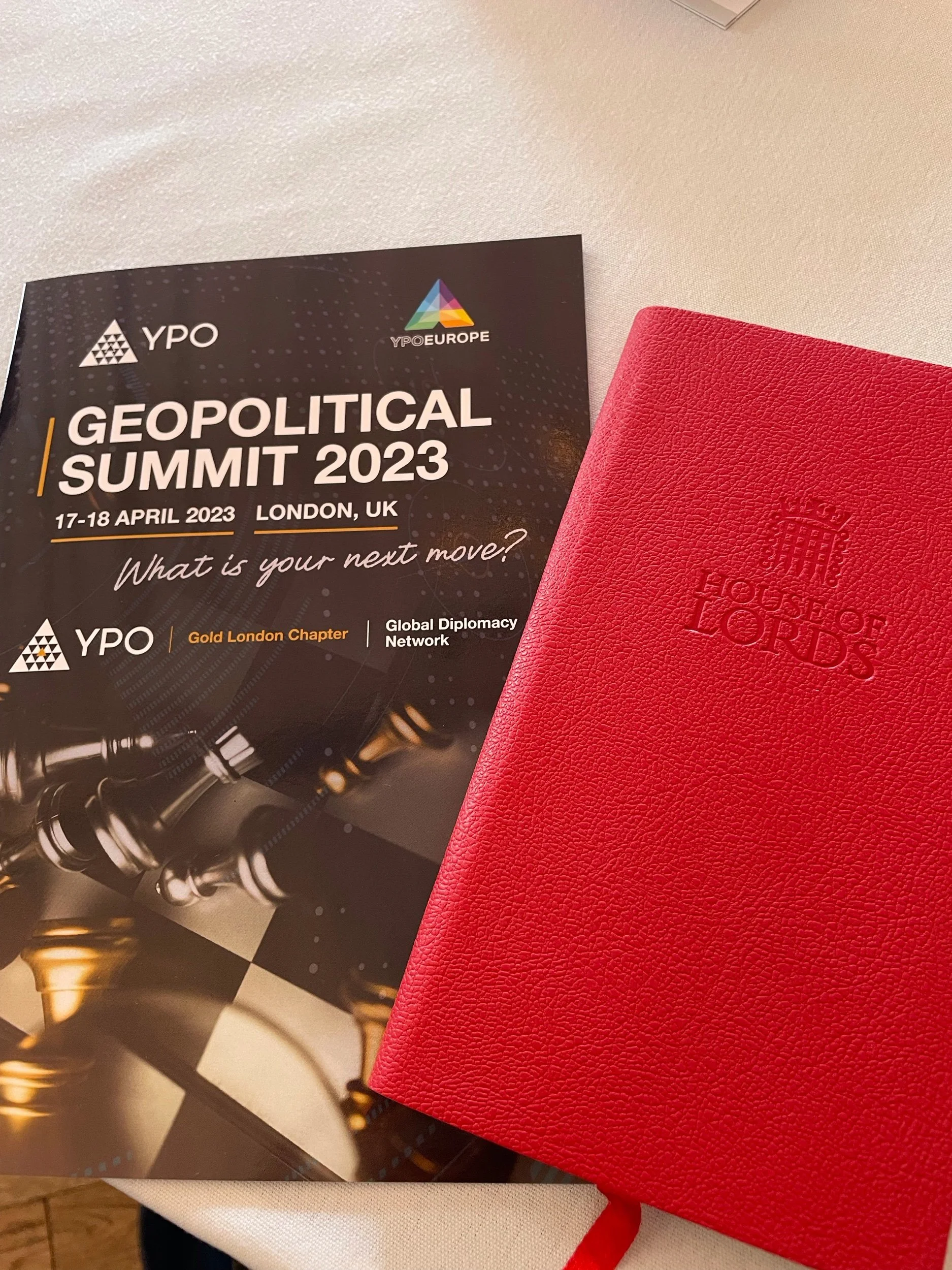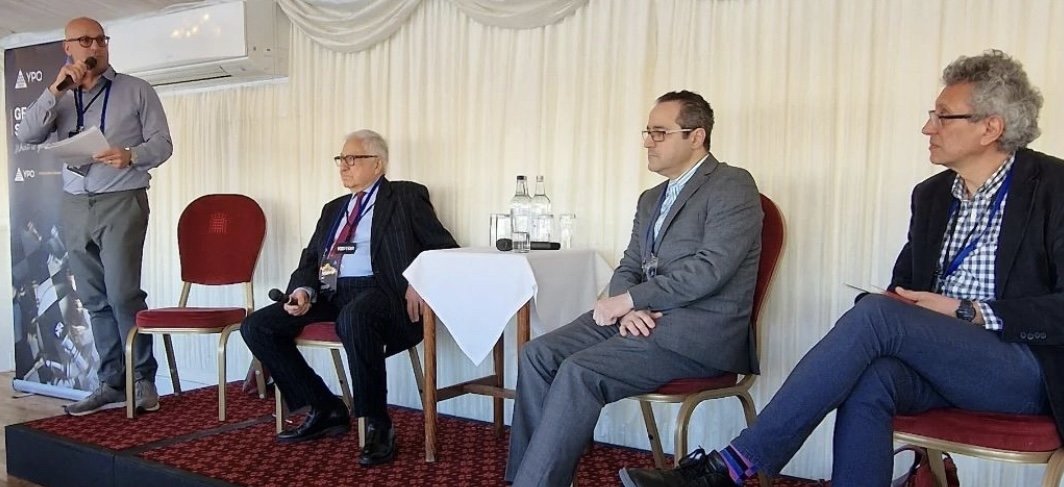US leaving Afghanistan clears a lucrative but risky path for China and others
By Hagai M. Segal
South China Morning Post - Sept 8 2021.
Never get involved in a land war in Asia. Anyone who has seen the 1987 action-adventure film The Princess Bride can tell you that. Yet, it is a lesson repeatedly ignored by US policymakers, culminating in the events we have witnessed in Kabul and across Afghanistan. Wide-ranging implications of the Taliban’s victory will be with us for years, and China is vying to be a major beneficiary.
Tony Blair, who took Britain into Afghanistan, has called the US departure from the country a dangerous abandonment that will have “every jihadist group around the word cheering”.
The return of Taliban rule has again raised the spectre of a global jihadist terror threat emanating from Afghanistan. After the September 11 attacks, the United States came to understand that a key intelligence failure in the run-up to the attacks had been missing the role of the Taliban in lending state resources to al-Qaeda, which turned the terror group from a peripheral menace to a global threat.
In Afghanistan, al-Qaeda developed a truly global network. Years of “terror tourism” to the country facilitated gatherings of jihadists from across the globe, from which emerged ideas and tactics such as using passenger aircraft as guided missiles.
Yet, the reality today is more nuanced. There is cautious confidence in the Western intelligence community that the Taliban has no interest in allowing Afghanistan to again be a base for a catastrophic terror attack on the West. The Taliban leadership knows the only reason any foreign power will invade again is if they find a September 11-type attack was organised from Afghan territory. The consequences of hosting al-Qaeda was 20 years of foreign occupation and the death of tens of thousands of their fighters, and the Taliban does not desire a repeat.
What has changed from the Taliban of the 1990s is a desire to avoid a return to isolationism and international pariahdom. Its Islamic state, hugely problematic as it will still be from a human rights perspective, will for now be tempered by a certain pragmatism. This might mean little to those in the country whose rights and freedoms will now be curtailed, but it will result in a different engagement with the outside world.
This more nuanced dynamic was illustrated in the attack by Islamic State Khorasan (Isis-K) at Kabul airport on August 26. This was a murderous assault on the US and its allies, but also a political attack aimed at undermining Taliban authority. Isis-K have characterised the Taliban as “filthy nationalists” more interested in ruling Afghanistan than fighting a wider jihad. Direct fighting between the groups has gone on for years.
This new Taliban context has led certain Islamic-oriented states, especially Qatar and Turkey, and US global competitors – most notably China – to eye opportunity in Afghanistan. Qatar and Turkey, historic US allies who in recent years have increasingly forged an Islamic path in their political orientation, have moved quickly to take advantage.
For years, Qatar has moderated and hosted secret US-Taliban talks that led to former US president Donald Trump committing the US to leave Afghanistan. Qatar already has officials on the ground in Kabul helping the Taliban transition to power. Turkey, a Nato member that has allied itself with Russia and Iran in the ongoing conflict in Syria, is increasingly at odds with the US. It is seeking influence in the post-US Afghanistan as it prioritises forging new alliances away from the US and its principal allies.
For China, its policy of non-intervention is a perfect mechanism for engaging with the Taliban’s Afghanistan. It presents China with a double opportunity to highlight its belief in the folly of intervention and nation-building while furthering its strategic reach and economic links across Asia. Cooperation on building national infrastructure will dominate, with potential already for linking and extending the Pakistani section of the Belt and Road Initiative in partnership with the Taliban.
China is likely to be much more cautious in Afghanistan than in Syria and Iran, where in recent years it has made huge economic inroads. Beijing is all too aware of the quagmire Afghanistan has been for foreign powers in the past two centuries. It remains deeply concerned by militant Islamic movements, convinced they have made concerted attempts to radicalise the Muslim population in Xinjiang against Beijing.
But the potential strategic and economic benefits of successful engagement with the Taliban are huge, and thus are being actively pursued by Beijing. Before the US departure from Afghanistan, Foreign Minister Wang Yi hosted the Taliban political chief in Tianjin – where he had stood just two days earlier with US Deputy Secretary of State Wendy Sherman – seeking “friendly relations” with the Taliban.
The chaotic end to the 20-year US-led intervention in Afghanistan will have Western policymakers soul-searching and head-scratching for years to come. Now, other states are poised to fill the vacuum, but their ability to do so will depend heavily on the Taliban. As long as the likes of China remain engaged, the Taliban will have a powerful interest in maintaining a more moderate and nuanced posture.
If these relationships go sour, however, there is a real fear that the Taliban will return to its terror-supporting days, as frightening a thought for China as it is for the US. The chaos in Afghanistan might not be behind us just yet.
Hagai M. Segal is a leading authority on geopolitical issues, counterterrorism and the Middle East.






















